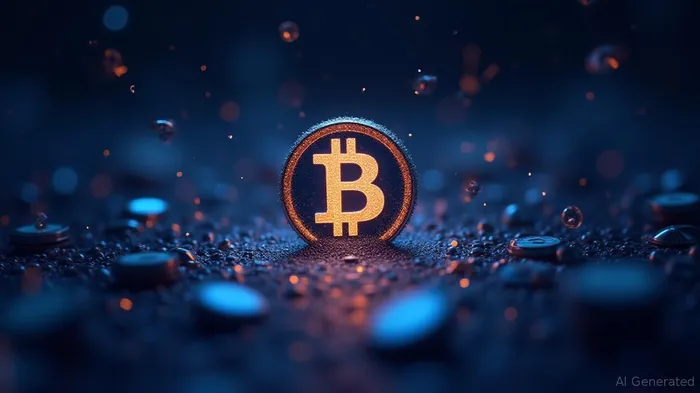BNB Chain's Maxwell Hardfork Cuts Block Time 50% Boosts Transactions 95%
BNB Chain has recently implemented significant upgrades through its Maxwell hardfork, initiated by the core development team in 2025. This upgrade has drastically reduced the block time to 0.75 seconds, down from 1.5 seconds, and lowered gas costs to approximately $0.01 per transaction. These changes are part of a broader effort to enhance the network's performance and appeal to institutional stakeholders by handling more transactions efficiently.
The Maxwell hardfork involves key proposals such as BEP-524, BEP-563, and BEP-564, which are designed to improve the chain’s speed and reliability. These enhancements cater to various applications, including DeFi, gaming, and trading, positioning BNB Chain competitively within the blockchain industry. The immediate effects of the hardfork are significant, with daily transactions peaking at 17.6 million. The 95% drop in Miner Extractable Value (MEV) indicates improved transaction ordering, which promises to boost ecosystem liquidity.
BNB Chain's updates bring it closer to Solana's performance model, reflecting its commitment to speed and efficiency. This upgrade sets new benchmarks in the DeFi and gaming sectors, fostering developer enthusiasm. The network's improvements prepare it for enhanced institutional prospects by achieving low-latency, high-frequency support, strengthening its market position against rivals such as Ethereum and Solana. The network's peak performance was demonstrated when it handled 17.6 million transactions in a single day, showcasing its ability to manage high volumes of activity. This achievement underscores BNB Chain's commitment to scalability and reliability, positioning it as a leading player in the blockchain ecosystem.
Looking ahead to the second half of 2025, BNB Chain has set ambitious goals to further enhance its capabilities. The primary focus will be on scaling, with developers aiming to process up to 5,000 decentralized exchange (DEX) swaps per second. To achieve this, the network plans to increase the block gas limit tenfold, up to 1 billion gas units, transition to a new client written in Rust, introduce "superinstructions" to optimize complex operations, and accelerate access to the State Database. These enhancements are designed to significantly improve both capacity and execution efficiency, ensuring that the network can handle increased demand without compromising performance.
For 2026 and beyond, BNB Chain has outlined a vision for a next-generation blockchain that will redefine the industry. Key features of this new architecture include transaction confirmations under 150 milliseconds, throughput of over 20,000 transactions per second (TPS) for complex DeFi operations, integrated privacy features for transfers and smart contracts, and a simplified Web2-style user experience. The team aims to make on-chain access as intuitive as logging into a favorite app, while giving users full control over their assets. This forward-thinking approach positions BNB Chain to compete with centralized exchanges and traditional finance platforms, further solidifying its role in the decentralized finance ecosystem.
BNB Chain's current market position is reinforced by its ranking as the fourth-largest blockchain network in terms of total value locked (TVL) in the DeFi ecosystem. This ranking highlights the network's strong position in the industry and its potential for future growth. As BNB Chain continues to implement these upgrades, it is poised to set new standards for blockchain performance and user experience, driving innovation in the decentralized finance space.

Quickly understand the history and background of various well-known coins
Latest Articles
Stay ahead of the market.
Get curated U.S. market news, insights and key dates delivered to your inbox.



Comments
No comments yet